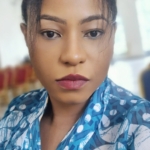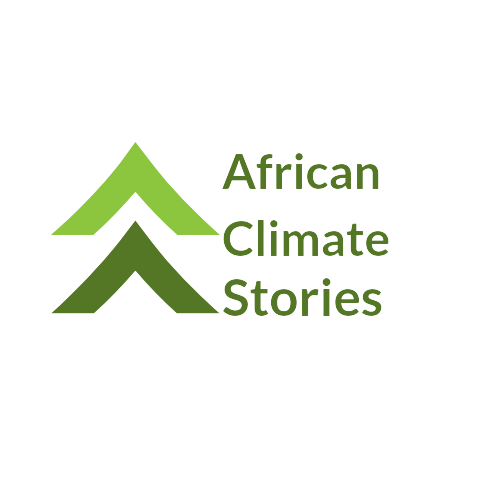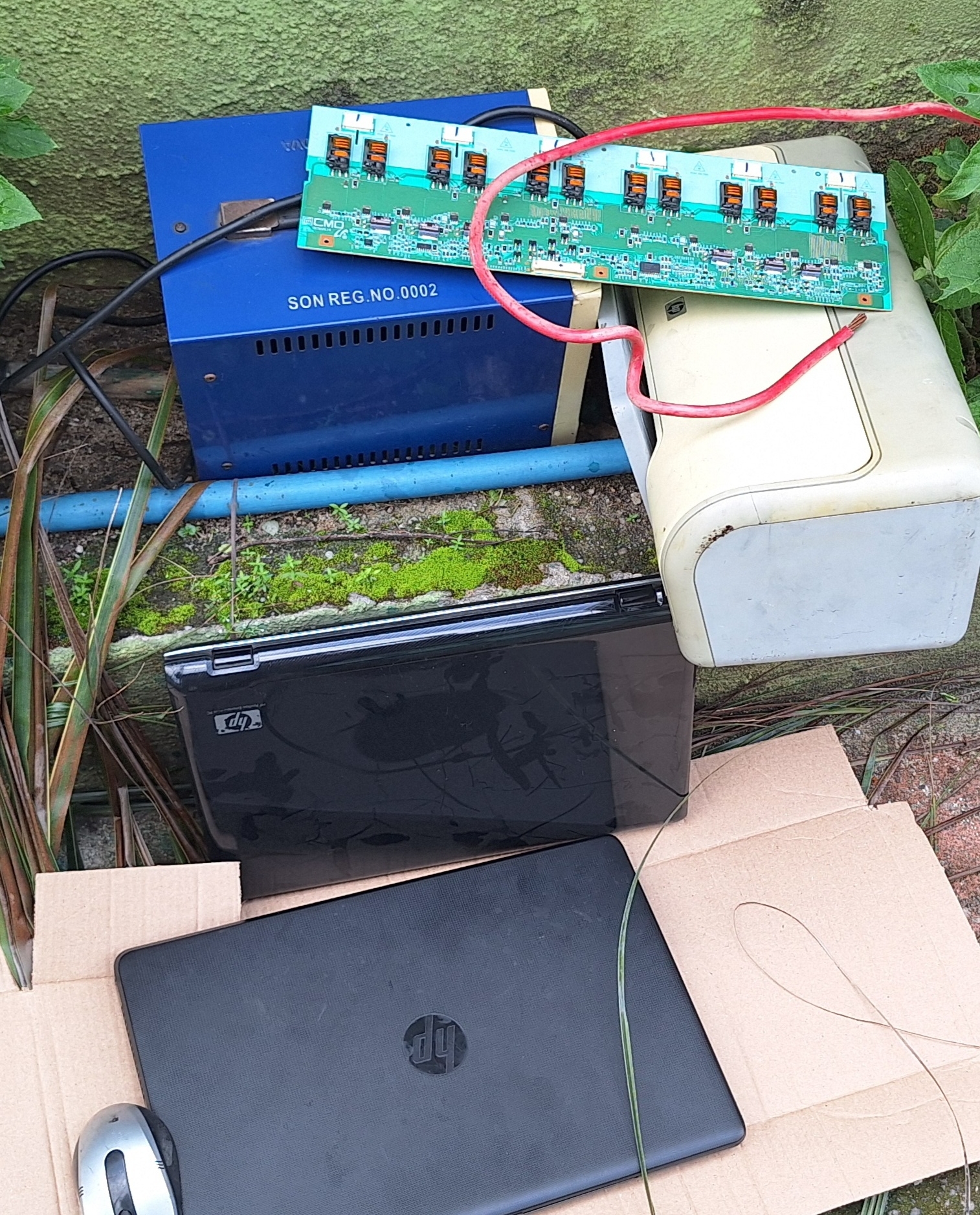In the early 21st century, the internet solidified its presence in Nigeria. Information and communication technology (ICT) centres, such as cybercafés, sprung up, and desktop computers and other accessories that made ICT easier were imported. A booming market for advanced technological development emerged in Nigeria. As time passed, old-model computers were phased out for newer versions, resulting in a surplus of electronic waste. However, disposal of this electronic waste became a significant problem as people did not know how to properly get rid of it, leading to serious environmental and health issues.
The outdated electronics were irresponsibly dumped in landfills or rivers, leading to significant health and environmental problems and toxic chemicals from the electronic waste leaked into the ground, affecting underground water bodies.
When boreholes are dug near these sources, and people consumed water, or animals exposed to the polluted sources, overtime, the toxins bio-accumulate in organisms and bio-magnify in higher animals, especially in humans, resulting in widespread health issues, including cancer. The environmental microorganisms and biodiversity on the land or in the water were also severely affected.
In response to the environmental and health crisis, individuals and organizations were compelled to learn how to reduce, reuse, and recycle electronic waste and to make more mindful decisions when purchasing electronics. They saw the importance of properly categorizing and disposing of waste through established channels to mitigate the detrimental effects on health and the environment.
The impact of electronic waste in Nigeria’s technological revolution emphasizes the need for responsible disposal and recycling practices to safeguard human health and the environment. This awareness and shift towards responsible waste management practices became crucial after the adverse impact of electronic waste on human health and the environment became evident. It is a reminder to prioritize environmental responsibility and sustainable practices to prevent
further harm to nature and humanity.
BY
SALLY BONN-OHIAERIAKU
GUEST CONTENT Writer
ABOUT THE AUTHOR



